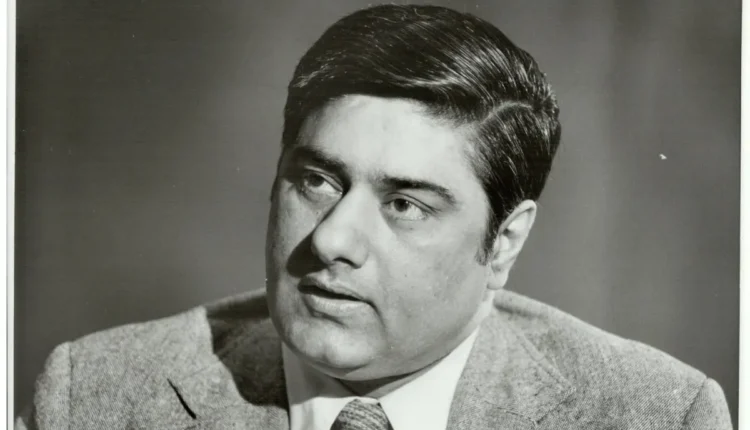Hardial Bains :- Hardial Bains, born on 15 August 1939, embarked on a remarkable journey that transcended geographical boundaries and political landscapes. His life story unfolds as a gripping narrative of ideological evolution, leaving an indelible mark on left-wing movements worldwide.
Hardial Bains’s Early Life and Ideological Foundations :-
Hardial Bains was born into a communist Sikh family in the Punjab region of India, setting the stage for his lifelong commitment to socialist ideals.
His early engagement with the Communist Party of India (CPI) took a turn when the party embraced Nikita Khrushchev’s revisionism, leading Bains to adopt a pro-Stalinist viewpoint. Disillusioned by the CPI’s support for Khrushchev’s criticisms of Stalin, Bains decided to chart his course beyond Indian borders.
Academic Pursuits and International Activism
Immigrating to Canada, Bains enrolled as a graduate student in bacteriology at the University of British Columbia (UBC). In 1963, he co-founded “The Internationalists,” an organization that metamorphosed into the Communist Party of Canada (Marxist–Leninist) (CPC (ML)).
Bains’ influence extended to Ireland, where he founded the “Internationalists in Ireland” and later the Communist Party of Ireland (Marxist–Leninist).
Bains’ international impact grew, and in 1967, he organized the “Necessity for Change” conference in London, solidifying his role as a leader in the anti-revisionist movement. He played a pivotal role in establishing Marxist–Leninist parties globally, including the Revolutionary Communist Party of Britain (Marxist–Leninist) and the Communist Ghadar Party of India.
Shifting Alliances: From Maoism to Democratic Renewal
Bains’ political affiliations underwent significant transformations throughout his life. Initially identified as a Maoist, he led the CPC (ML) in its pro-China stance. However, with Mao Zedong’s death and the Sino-Albanian split, Bains renounced Maoism and aligned with Enver Hoxha’s Albania. He became a vocal critic of revisionist parties, condemning the likes of Brezhnev’s USSR and Tito’s Yugoslavia.
Following the overturn of socialism in Albania, Hardial Bains re-evaluated his stance, turning towards Fidel Castro’s Cuba for inspiration. His writings began to focus less on anti-revisionism and socialist revolution, emphasizing democratic renewal and the self-empowerment of the people.
Legacy and Controversies
Hardial Bains’ death in 1997 marked the end of an era, and a memorial was erected in his honour at Ottawa’s Beechwood Cemetery. Despite his significant contributions, Bains’ legacy is a subject of debate, facing posthumous criticism from various quarters.
NFC Thought: Necessity for Change
Central to Bains’ ideological framework was “Necessity for Change” (NFC) thought, formulated in the early 1960s. It aimed to bring about a social revolution by emphasizing the relationship between individual consciousness and the need for change.
Bains believed that true revolution required not only individual consciousness but also a strong political party, vehemently opposing revisionist parties.
Also Read :- Visa Criteria for Canada Tightens Student

